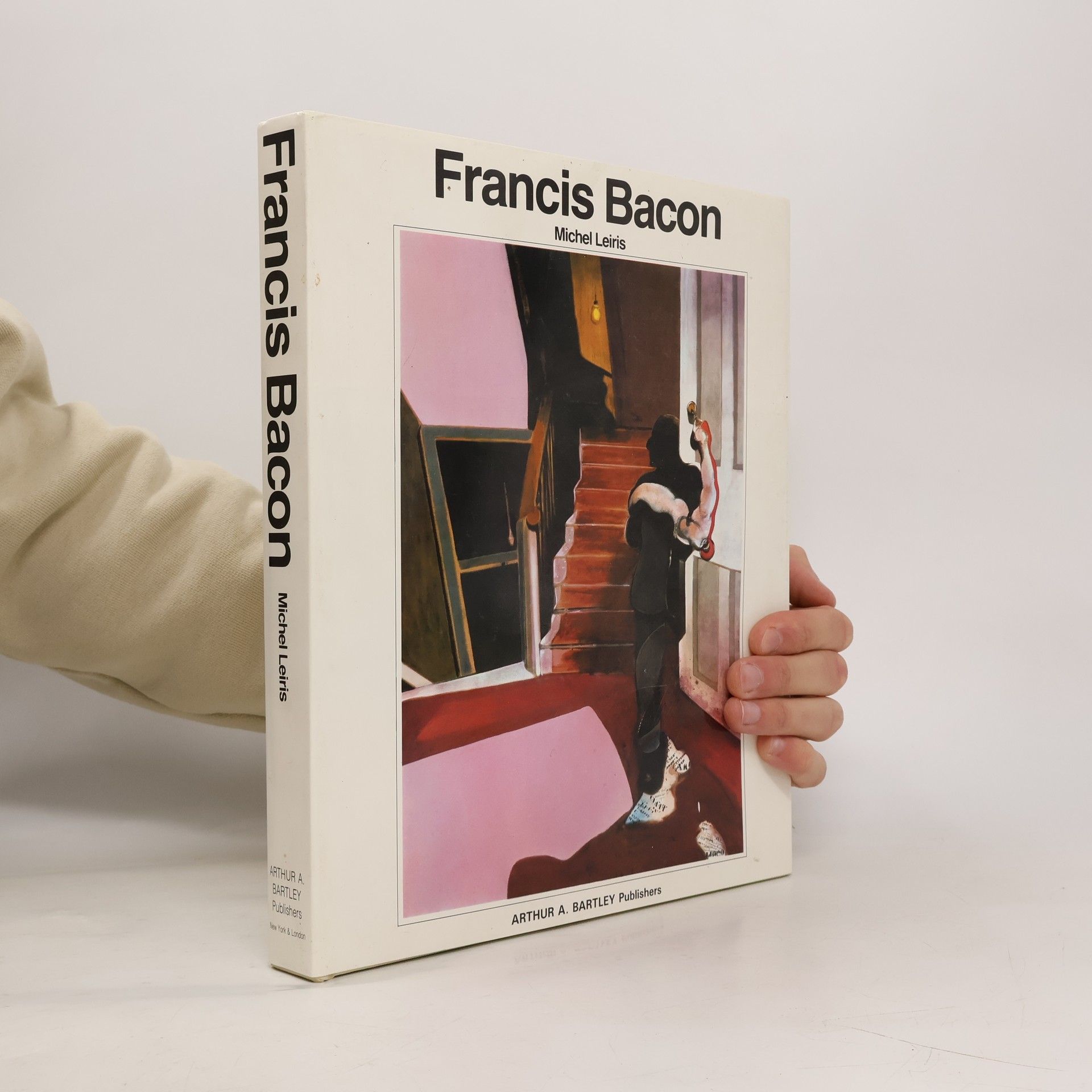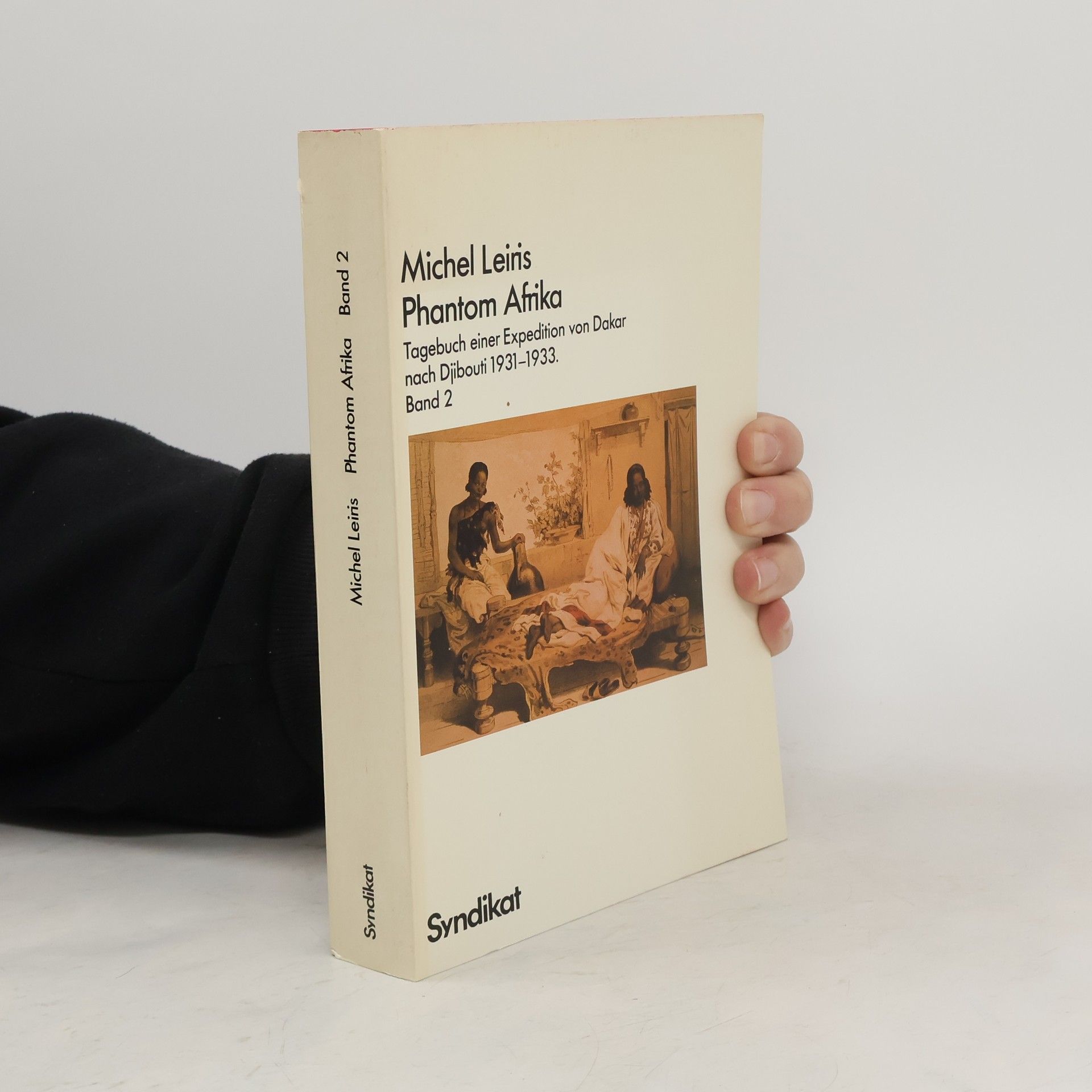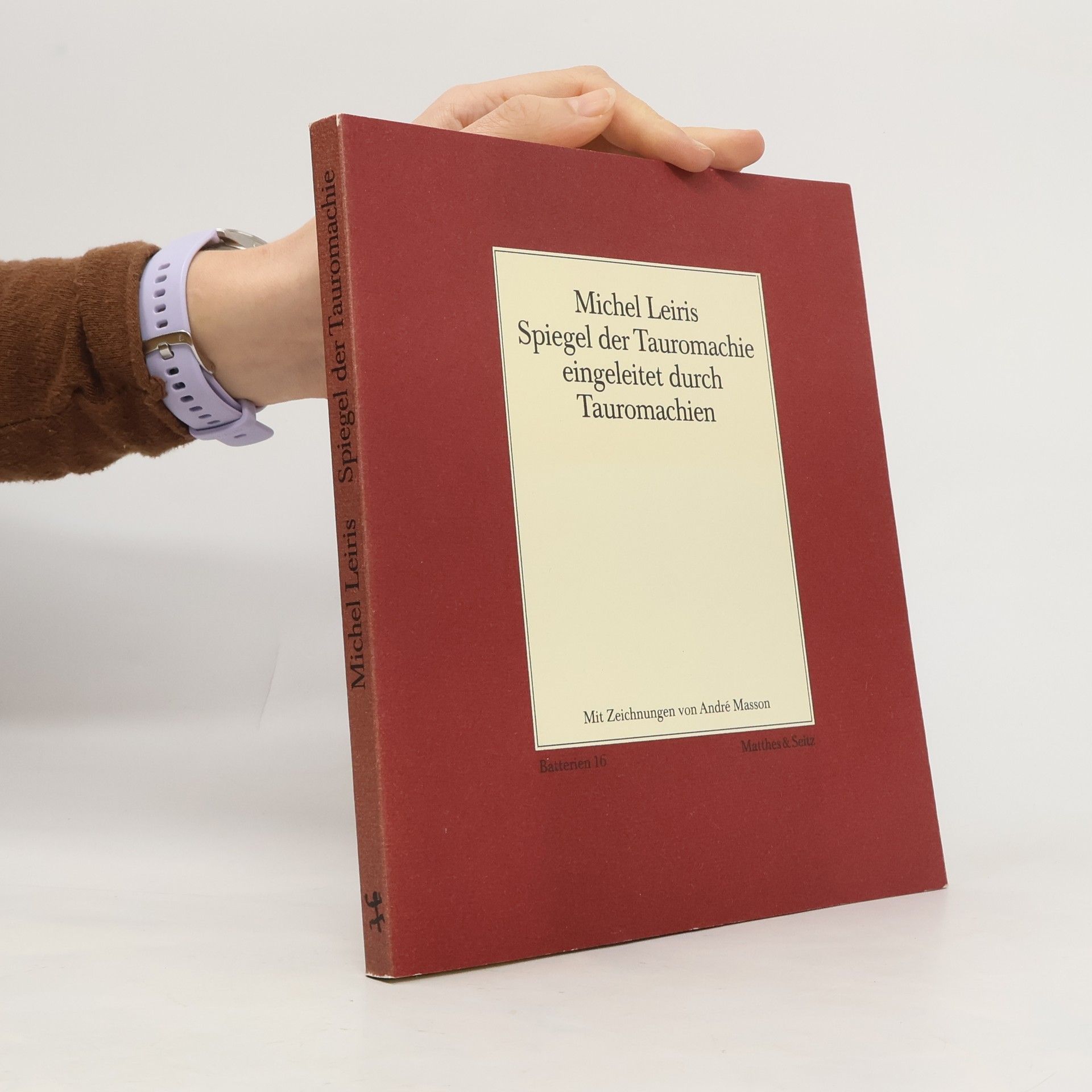Útlá knížka, jíž se Lou Andreas-Salomé snažila roku 1927 vyrovnat s předčasnou smrtí Reinera Marii Rilka, není ani pouhou reminiscencí jejich mnohaletého přátelského vztahu, ani biografií v běžném slova smyslu. Na podkladě básníkových dopisů z let 1897-1926 nám autorka předkládá Rilkův portrét, fascinující hluboce jasnozřivými vhledy do problematiky umělcova nitra, které ji přivádějí až k úvahám o vztahu člověka k umění všeobecně a o dilematech, jež vhánějí tvůrčího člověka na práh života a smrti.
Michel Leiris Knihy
Michel Leiris bol spisovateľ, ktorého dielo vzišlo zo surrealistického hnutia a skúmalo hĺbku ľudskej skúsenosti s bystrým zrakom etnografa. Jeho príspevky k surrealistickým publikáciám a jeho raný román preukázali oddanosť avantgardnému vyjadreniu a introspekcii. Neskôr spolupracoval s ďalšími významnými literárnymi osobnosťami a naďalej skúmal hranice literatúry a sebapoznania. Jeho písanie pozýva čitateľov do komplexného skúmania vedomia a ľudského stavu.





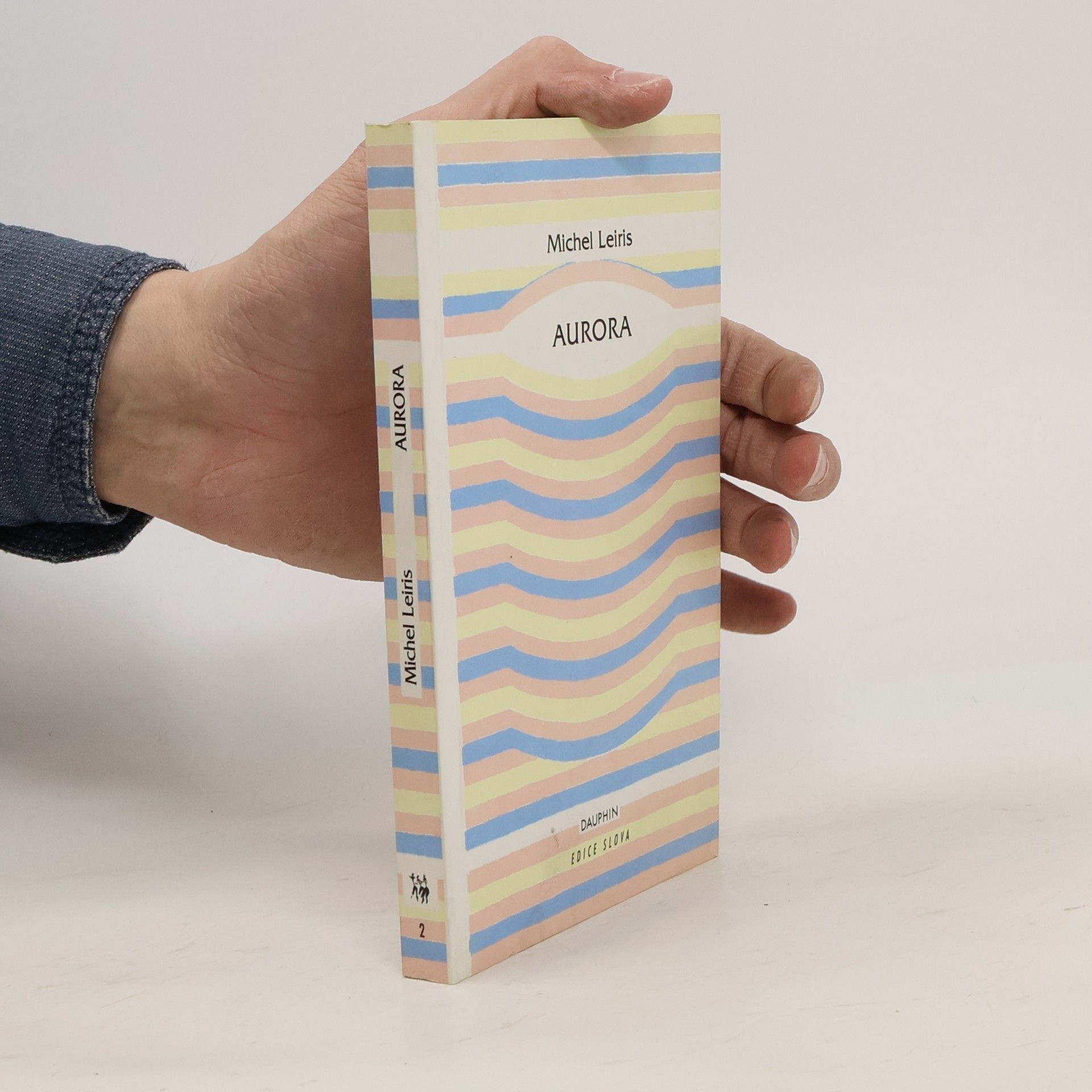
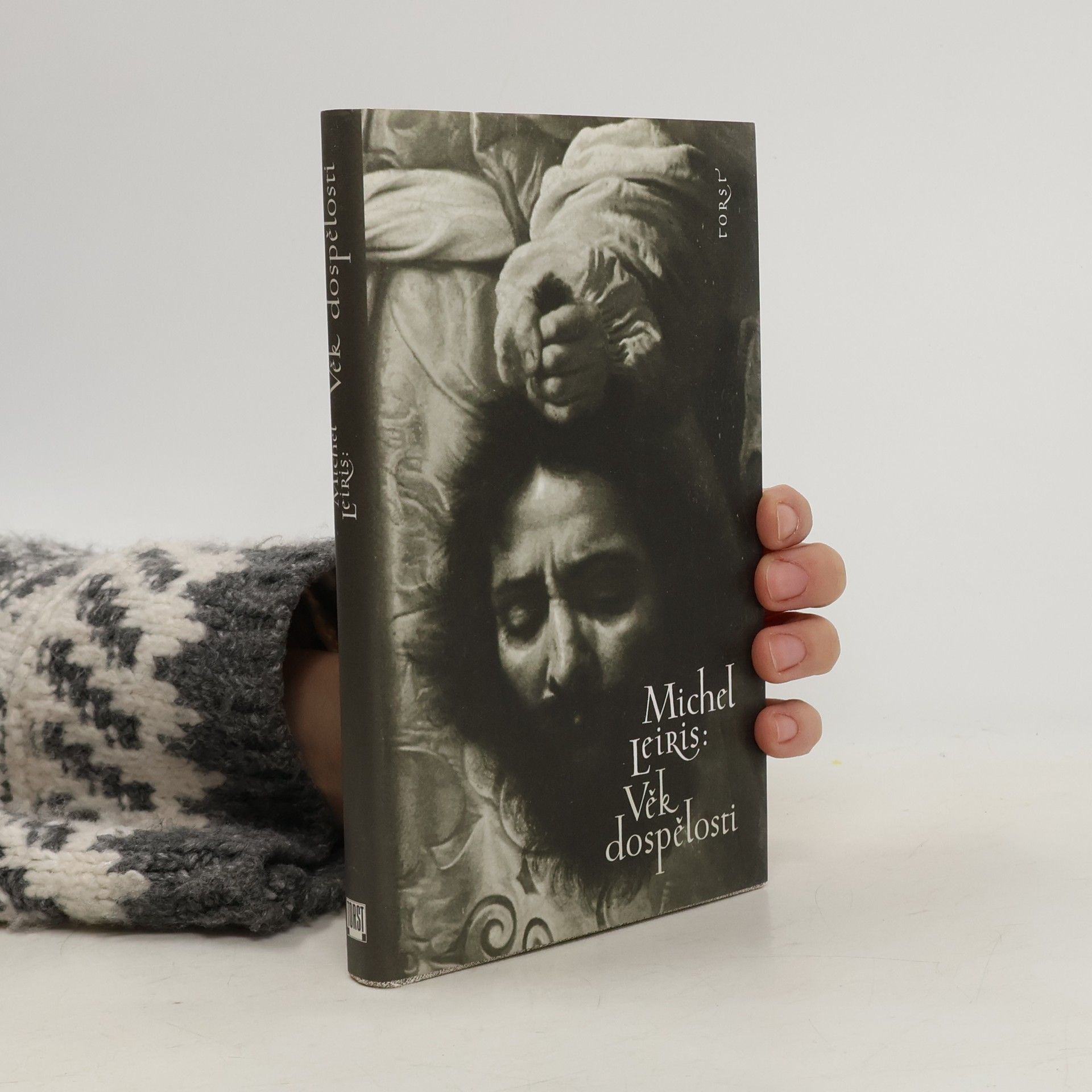
Aurora
- 182 stránok
- 7 hodin čítania
Prvotina francouzského spisovatele, básníka a etnologa je zároveň jeho jediným románem-apoteózou imaginace a víry v svobodu ducha.
Scraps
- 248 stránok
- 9 hodin čítania
The second volume of Michel Leiris's hugely influential four-volume autobiographical essay, available to English-language readers in a brilliant and sensitive translation by Lydia Davis
Scratches
- 272 stránok
- 10 hodin čítania
A dazzling translation by Lydia Davis of the first volume of Michel Leiris's masterwork, perhaps the most important French autobiographical enterprise of the twentieth century
Frail Riffs
- 336 stránok
- 12 hodin čítania
The fourth and final volume of Michel Leiris’s renowned autobiography, now available in English for the first time, translated by Richard Sieburth
Fibrils
- 256 stránok
- 9 hodin čítania
A major publishing event: the third volume of Michel Leiris's renowned autobiography, now available in English for the first time in a brilliant translation by Lydia Davis
Francis Bacon
- 271 stránok
- 10 hodin čítania
Phantom Afrika
- 414 stránok
- 15 hodin čítania
Die durchgesehene und erweiterte Neuausgabe von Michel Leiris' "L’Afrique fantôme" beleuchtet koloniale Raubkunst und die Praktiken ethnografischer Aneignung in Afrika. Leiris schildert seine Erfahrungen und Widersprüche als Surrealist und Ethnologe, wodurch er zum Antikolonialisten wird. Die Neuausgabe enthält auch seine Briefe an seine Frau.
Spiegel der Tauromachie
- 145 stránok
- 6 hodin čítania
Im Spiegel der Tauromachie gleitet Leiris Beschreibung der Corrida, des Stierkampfes in der Arena, zwanglos in eine Schilderung nahezu heiliger Zeremonien über, in die Beschwörung der mit Verderbnis sich paarenden Schönheit, in einen Versuch über den Tod und die Liebe.
Ethnologische Schriften - 2: Das Auge des Ethnographen
- 300 stránok
- 11 hodin čítania
